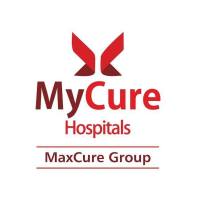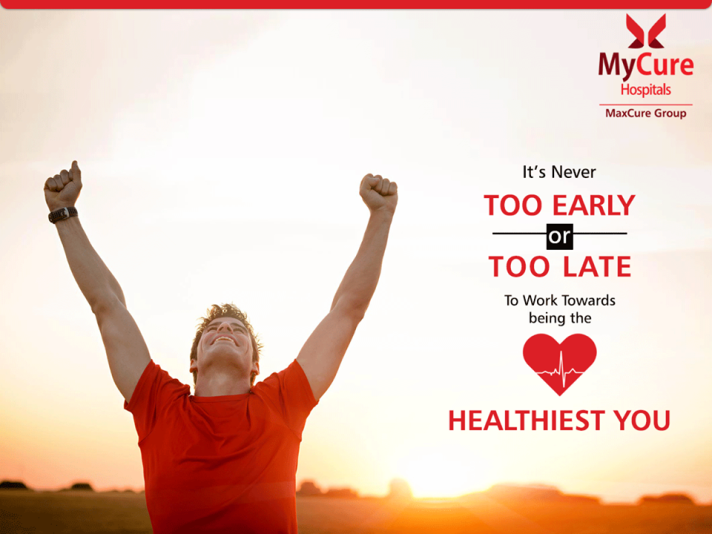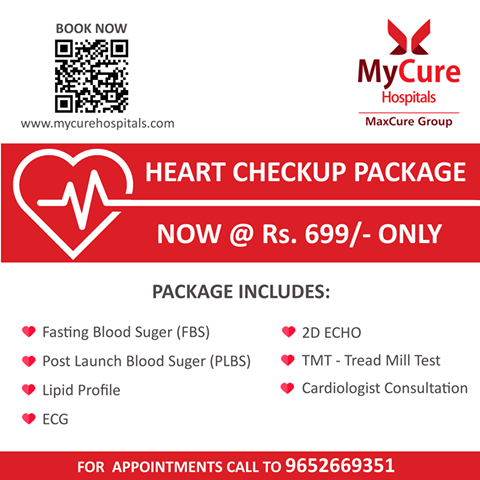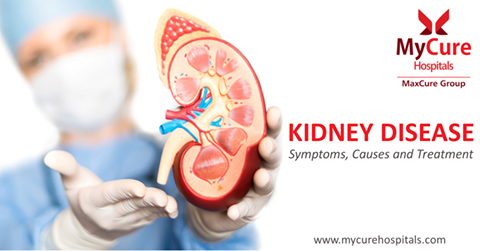Author: laparoscopicandbariatricsurgeryhyderabad
A CT Scans are used to know blood clots, broken bones, cancers, heartdisease and more. Know more: https://goo.gl/vPKCUJ
Investigation Includes:
- Fasting Plasma / Serum Glucose (FBS)
- Post Prandial Plasma / Serum Glucose (PPBS)
- Lipid Profile
- ECG
- 2D ECHO
- TMT – Tread Mill Test
Consultation Includes:
For Appointment, Click here to send a prior online request or please call to: 9652669351
Click here to book your appointments with expert doctors in visakhapatnam.
In babies and children with DDH, the hip joint (“ball-and-socket”) has not formed normally. The ball is loose in the socket and may be easy to dislocate. DDH is most often present at birth during a child’s first year of life.
Babies whose legs are swaddled tightly with the hips and knees straight are noted as higher risk for developing DDH. It’s important for parents to learn how to swaddle their infants.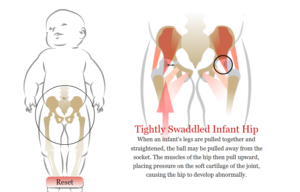
In all DDH cases, the hip socket is shallow, meaning that the Femur (Joint Ball) is completely out of the Hip socket and sometimes, the ligaments that help to hold the hip joint.
Dislocated: In the most severe DDH cases, the head of the femur is completely out of the hip socket.
Dislocatable: In these cases, the head of femur lies within the acetabulum, but during a physical examination it can easily be pushed out of the socket.
Symptoms includes:
- Legs of different lengths
- Uneven skin folds on the thigh
- Less mobility or flexibility on one side
- Toe walking or a waddling, Limping
Some babies born with a dislocated hip joint will show nno outward signs, Contact your pediatrician if your baby has above symptoms.
Causes Includes:
It usually affects the left hip and is predominant in:
- Girls
- First-born children
- Babies born in the breech position (It’s recommended ultrasound DDH screening of all female breech babies).
- Family history of DDH (parents or siblings)
Treatment:
When DDH is detected at birth, it can usually be corrected with the use of a brace or harness. If the hip is not dislocated at birth, the condition may not be noticed until the child begins walking. At this time, treatment is more complicated, with less predictable results. Consult your doctor immediately to find DDH in earlier stages.
Click here to book your appointments with expert doctors in visakhapatnam.
Do you have bad breath?
- If you have bad breath, it can be embarrassing to be around other people, especially if you don’t realize people can smell your bad breath.
- What’s worse is that you brush your teeth, floss, and chew gum, and you can’t seem to get rid of it.
- That’s because bad breath is caused by more than just what you ate for lunch or dinner. If you really want to know what else causes bad breath, take a look below:
Causes of Bad Breath
Poor dental hygiene – Infrequent or improper brushing and flossing, which allows bits of food to decay inside the mouth.
Infections in the mouth – Periodontal (gum) disease.
Respiratory tract infections – Throat, sinus or lung infections
Other Reasons for Bad Breath
While brushing the tongue doesn’t have a long-lasting effect on bad breath, it is an important step in keeping your entire mouth healthy.
However, bad breath may be the sign of a disorder, such as a respiratory tract infection, chronic sinusitis, diabetes, gastrointestinal disturbance, liver or kidney ailment.
If your dentist determines that your mouth is healthy, you may be referred to your family doctor or a specialist to determine the cause of bad breath.
Click here to book your appointments with expert doctors in visakhapatnam.
Drinking excessive alcohol means over consumption. Alcohol consumption is measured in units. (1 Unit of alcohol = 10ml of pure alcohol).
A Small glass of 125ml of wine contains about 1.5 units of alcohol.
Risks Of Over Consumption
Short term risks include:
- Accident and Injuries requires hospital treatment. (Eg. Head Injury)
- Unprotected sex that could lead to sexually transmitted infections or unplanned pregnancy.
- Alcohol poisoning may lead to vomiting, seizures (fits) and falling unconscious.
- Other risks like violent behavior and loss of wallets, mobile phones , Jewellery and keys.
Long term risk includes:
- Heart disease
- Stroke
- Liver disease
- Liver cancer and bowel cancer
- Mouth cancer
- Pancreatitis
How To Reduce Your Over Risk?
- Don’t drink regularly and not more than 14 units of alcohol a week
- If you drink as much as 14 units a week, it’s best to spread this evenly over three or more days
- If you are trying to reduce the amount of alcohol intake, it’s a good idea.
Click here to book your appointments with expert doctors in visakhapatnam.
WELL WOMAN PACKAGE RS.4,077/- NOW AT RS. 1,200/- ONLY
Investigations Include:
- Complete Blood Count
- ESR (Westergren’s Method)
- RBS (Radom Blood Glucose)
- Pap Smear (For Female)
- Complete Urine Test
- Ultrasound Screening
Diagnostic Center in Vizag
- Thyroid Stimulating Hormone (TSH)
- Peripheral Smear Examination (PS)
- Mamography Both Breasts
Consultation Include:
Click here to book your appointments with expert doctors in visakhapatnam.
A heart attack usually occurs suddenly with severe chest pain, when a blood clot blocks blood flow to the heart. Women are more likely to have a typical symptoms than men.
Heart Attack Symptoms:
- Tightness or pain in the chest, neck, back or arms
- Pain in the upper abdomen
- Nausea
- Fatigue
- Dizziness
- Cold Sweat
Causes:
A heart attack occurs when a coronary artery becomes blocked or narrows so much that blood flow stops. A Coronary artery is an artery that supplies blood to the heart muscle.
Blockage in a coronary artery can happen if a blood clot stops blood flow and it will also happen it too much cholesterol plaque builds up in the artery.
Treatment:
Blockages can be find with the following investigations Heart Checkup (TMT, 2D Echo, ECG), CT Coronary Angiogram or Cath Angiogram. And If blockage per present, treating the blockage responsible for a heart attack usually involves either coronary artery bypass grafting (CABG) or Angioplasty with a stent.
After the treatment patient need to follow the medications as per the cardiology doctor suggestion.
Prevention:
Many of the same strategies that can help to reduce your chances of having a heart attack.
- Stop Smoking
- Maintaining a healthy weight
- Getting your cholesterol and blood pressure levels into a healthy range.
- Limiting your alcohol intake
- Doing regular exercise
Click here to book your appointments with expert doctors in visakhapatnam.
What are dental crowns?
A crown (“cap”) is a type of dental restoration that fully covered over that portion of a tooth or dental implant that lies at and above the gum line and once placed, it becomes a new outer surface.
Crowns are permanently cemented and finally results, just like a natural tooth.
Why are they placed?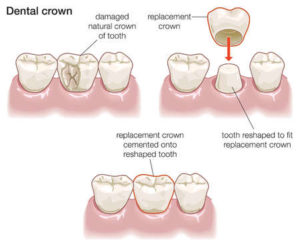
There are many reasons why a dental crown might be made for a tooth. Our Dentists routinely use them to: Strengthen and repair damaged teeth and improve tooth appearance (including apparent alignment, color and shape).
Dental caps, tooth caps and porcelain jackets
What kinds of materials are crowns made out of?
Crowns can be made using: Porcelain (type of dental ceramic), Metal (precious, semi-precious or non-precious dental alloy) and a combination of dental ceramic and metal alloy (porcelain-fused-to-metal crowns).
Reasons why dental crowns are placed
A dentist might recommend capping a tooth for a many reasons but most tend to fall within one or more of the following categories:
- Restoring or making changes with a tooth’s shape.
- Reinforcing a structurally compromised tooth.
- Improving a tooth’s appearance.
Click here to book your appointments with expert doctors in visakhapatnam.
